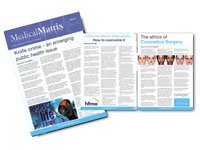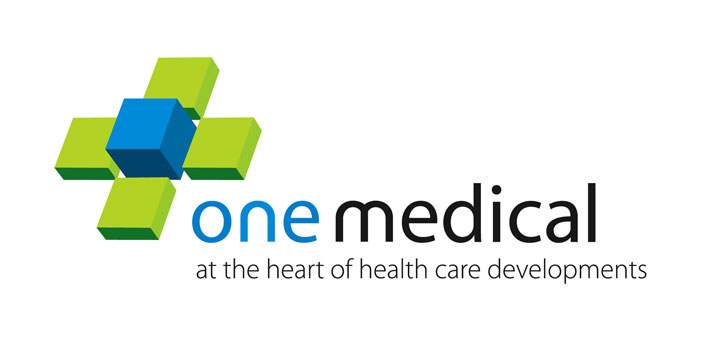This stark fact was transmuted by the subsequent press release into "good news", because 85 per cent of available jobs will be filled by August 1. Even if this obfuscation of job-fill with appointment rates were true – and we believe it is a gross overestimate – it fails to acknowledge that a 15 per cent vacancy rate is ten times that of previous years in most specialties.
Alarmed at so many posts being vacant on August 1, the Department of Health gives trusts two weeks to manage what the hugely expensive national competition failed to achieve in six months. Before August, trusts are ordered to find somewhere to shuffle 10,000 doctors for three months until the current crisis is past, and these doctors can then be quietly lost from the NHS for ever.
Our poll shows that one third of the 4,000 who have not found jobs as doctors are among our very best graduates, with either a first-class degree or distinction. This cull of the best happened because the best graduates naturally apply for the most competitive posts and the new system randomly limited half of the applicants to just one interview.
This new career structure is a top-down straitjacket forcing doctors to choose immutably their area of training merely two years after qualification. Hundreds of doctors now face transportation for seven years to posts geographically remote from their families. Although the professionalism of doctors will save the NHS from chaos in August, the NHS cannot be saved in the long term from the consequences of culling 30 per cent of our best doctors.
Some flexibility and free market in posts must be reintroduced into training and appointments. Those discarded this year should be guaranteed the right to compete again on a level playing field for the next rung up on the career ladder.
Yrs faithfully,
MORRIS BROWN, Professor of Clinical Pharmacology, Cambridge
PETER BARNES, FRS, Professor of Respiratory Medicine, Imperial College
NICHOLAS BOON, President Cardiovascular Society
NICHOLAS BROOKS, Past-President Cardiovascular Society
JOHN CAMM, Professor of Clinical Cardiology, St George's Hospital
MARK CAULFIELD, Professor of Clinical Pharmacology, Queen Mary London
ANGUS DALGLEISH, Professor of Oncology, St George's Hospital
JON FRIEDLAND, Professor of Infectious Diseases and Immunity, Imperial College
JOHN GIBSON, Professor of Respiratory Medicine, Newcastle
ASHLEY GROSSMAN, Professor of Endocrinology, Queen Mary London
TONY HEAGERTY, Professor of Medicine, Manchester
HUMPHREY HODGSON, Vice-Dean, RFUCMS
JUAN CARLOS KASKI, Professor of Cardiovascular Science, St George's Hospital
CHRISTOPHER KENNARD, Vice Principal, Charing Cross Hospital
KAY-TEE KHAW, CBE, Professor of Clinical Gerontology, Cambridge
JOHN LAZARUS, Professor of Clinical Endocrinology, Cardiff
STAFFORD LIGHTMAN, Professor of Medicine, Bristol
JIM McKILLOP, Professor of Medicine, Glasgow
PETER McCOLLUM, Professor of Vascular Surgery, University of Hull
JOHN MONSON, Professor of Surgery, Hull
STEPHEN O'RAHILLY FRS, Professor of Medicine and Biochemistry, Cambridge
MARK PEPYS FRS, Professor of Medicine, RFUCMS
RODNEY PHILLIPS, Professor of Clinical Medicine, Oxford
PHILIP POOLE-WILSON, Professor of Cardiology, Imperial College
JON RHODES, Professor of Medicine, Liverpool
JIM RITTER, Professor of Clinical Pharmacology, Kings College London
BRIAN ROWLANDS, President of the Association of Surgeons
NEIL SCOLDING, Professor of Neurology, Bristol
JAMES SCOTT, FRS, Professor of Medicine, Imperial College
RAJ THAKKER, Professor of Academic Endocrinology, Oxford
DOUGLAS TURNBULL, Professor of Neurology, Newcastle
ROBERT WILCOX, Professor of Cardiology, Nottingham
MARK WILES, Professor of Neurology, Cardiff
LORD WINSTON, Emeritus Professor of Fertility Studies, Imperial College London










